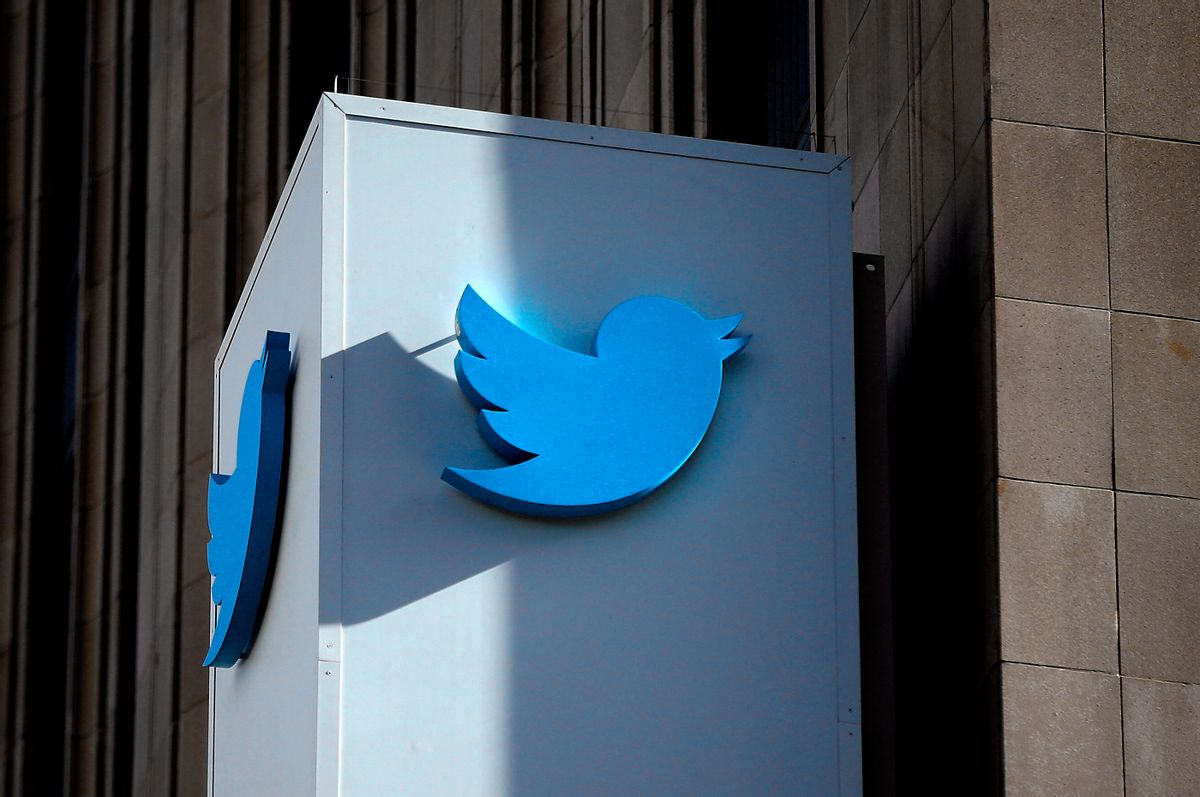On May 22, Twitter shareholders will vote on a proposal to turn the beleaguered social media juggernaut into a user-owned company.
In Twitter’s proxy statement, which publicly held companies are required to file to the U.S. Securities and Exchange Commission (SEC) prior to shareholder meetings, the proposal is described as a means of achieving “democratic user ownership.” From the SEC filing:
“A community-owned Twitter could result in new and reliable revenue streams, since we, as users, could buy in as co-owners, with a stake in the platform’s success. Without the short-term pressure of the stock markets, we can realize Twitter’s potential value, which the current business model has struggled to do for many years. We could set more transparent accountable rules for handling abuse. We could re-open the platform’s data to spur innovation. Overall, we’d all be invested in Twitter’s success and sustainability. Such a conversion could also ensure a fairer return for the company’s existing investors than other options.”
The text of the resolution calls for Twitter, Inc. to “engage consultants with significant experience in corporate governance, preferably including conversion of companies to cooperatives or employee ownership, to prepare a report on the nature and feasibility of selling the platform to its users via a cooperative or similar structure with broad-based ownership and accountability mechanisms.”
The company’s statement of opposition immediately follows the shareholder-drafted resolution. “Our board of directors believes that this proposal is not in the best interests of Twitter or our stockholders, and unanimously recommends that you vote ‘AGAINST’ this proposal,” it reads.
Though the proposal is unlikely to pass, the fact that such a radical idea made it to a shareholder vote is significant. Many commentators and intellectuals believe that social media companies are more akin to public utilities, and should exist as such. It makes sense: For many, having a Twitter account or a Facebook page has become as indispensable as owning a phone or having electricity. “How can we make sure that the future of the company serves those who depend on it most, who most want see it succeed culturally, technologically, and financially?” writes Nathan Schneider, the first proponent of a cooperative Twitter ownership model. “[Collective ownership] could be a chance to make the company better reflect the commons and the community that we have built with its product.”
The shareholder vote also highlights some of Twitter’s own growing pains as a company. Though it has proved immensely useful for its social function, the company has struggled to turn a profit. For the past year, it has been rumored that the company is trying to set itself up to be sold. “Wall Street thinks [Twitter] is a failure because it’s not raking in enough profit for shareholders,” writes Maira Sutton, who initiated a change.org petition that led to the May 22 shareholder vote. “That means that Twitter is up for sale, and there is a real risk that the new owner may ruin our beloved platform with a narrow pursuit of profit or political gains.”



Shares